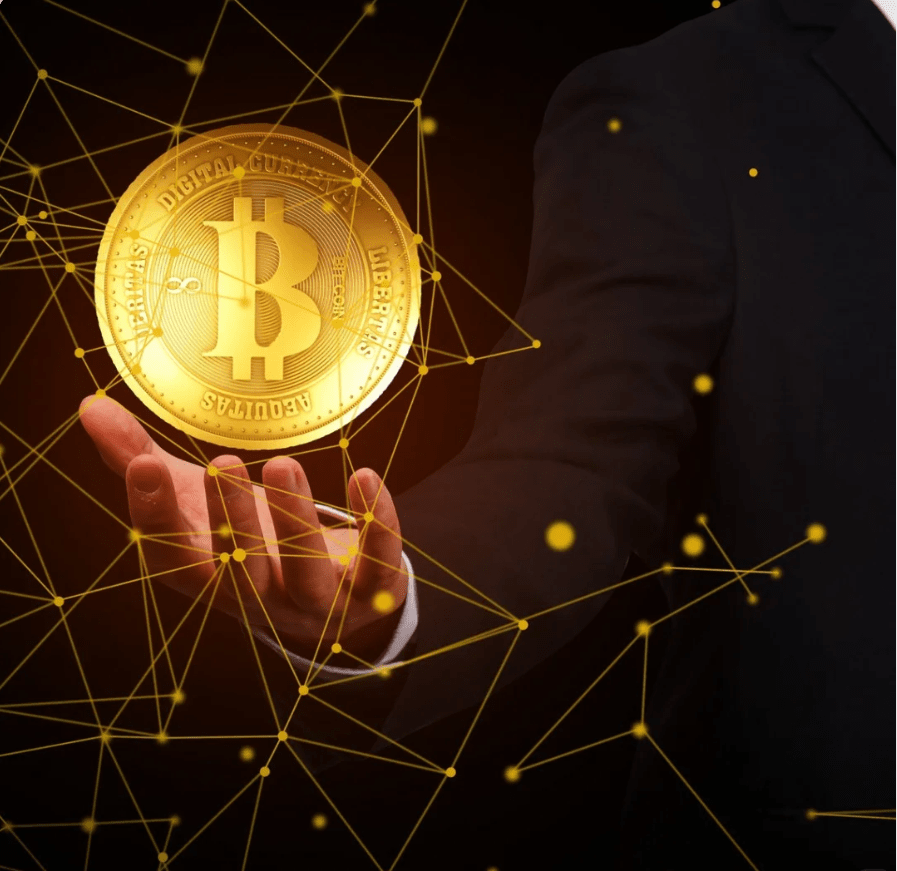Four, cashing out is like ants moving houses; rushing to get rich will lead to failure.
Out of 12 million, 24 transactions, with a maximum of 490,000 for one transaction and a minimum of 170,000, each transaction spaced 48 hours apart. A brother said I was slow; he made a 5 million transaction at once, and as a result, the bank directly triggered the anti-money laundering system and is still cooperating with the investigation.
The bank system has a strict rule: 500,000 is a red line. Exceeding this amount, the system will automatically report to the central bank, and during manual review, they will pay more attention to you, and trouble will come. After I split it into smaller amounts, the bank only called me twice, asking if it was salary income. I said it was 'part-time income,' and since they saw the transactions were scattered, they didn't ask further.
The key is not to stubbornly stick to one platform. Out of 12 million, 8 million went through Binance and 4 million through OKX to spread the risk. Last year, a platform was investigated due to merchant issues, and at that time, I still had 1.5 million there that I hadn't withdrawn. Fortunately, it was only a small portion and didn't affect the overall situation.
Five, maintaining an 'active card' is more important than choosing a coin type.
I specifically applied for a card from a local commercial bank. I use it for grocery shopping, refueling, and paying utility bills. Three days before cashing out, I made two small transactions every day—buying a cup of coffee in the morning and ordering takeout in the evening—to make the bank think this card is 'functioning normally.'
It is most taboo to use a 'dead card' for cashing out. A fan dug out a savings card that hadn't been used in five years, which only had 12 yuan in it. Suddenly, 3 million came in, and the bank directly froze the card. He felt wronged, saying his money was clean, but the bank doesn’t care about that. A card that hasn’t been used for years suddenly receives a large deposit; who else would they check if not you?
Six, USDT is a trap; Blue Shield is expensive but life-saving.
A few years ago, my USDT was frozen twice, so now for large amounts, I only use compliant and stable coins from platforms. Coins like CNC and QC have much stricter merchant reviews than USDT, making it harder for dirty money to mix in.
For cashing out over 10 million, I would rather spend an extra 200,000 to use Blue Shield services. The exchange rate may be 1.5% lower than regular merchants, but these merchants are backed by the platform, and the source of funds is checked more thoroughly than economic investigations. Last year, when I cashed out 8 million, the Blue Shield merchant asked me to provide transaction records for nearly half a year. At the time, I thought it was a hassle, but looking back, that is exactly what makes them reliable.
Finally, let me say something heartfelt.
The core of cashing out at the million level is to make the funds look like 'legitimate income.' By choosing T+1 on the platform, finding reputable merchants, letting the wallet sit for three days, splitting into small transactions, maintaining an active card, and avoiding USDT, if you achieve these six steps, the numbers in your account can turn into the balance in your bank card.
Remember: safely getting your money is much better than showing off unrealized gains in a group. This article is recommended to be saved on your phone; take a look next time before cashing out. Don't wait until your card is frozen to remember what I said.
$BTC $ETH #币安HODLer空投TOWNS #白宫数字资产报告 #美国加征关税



